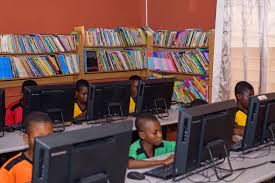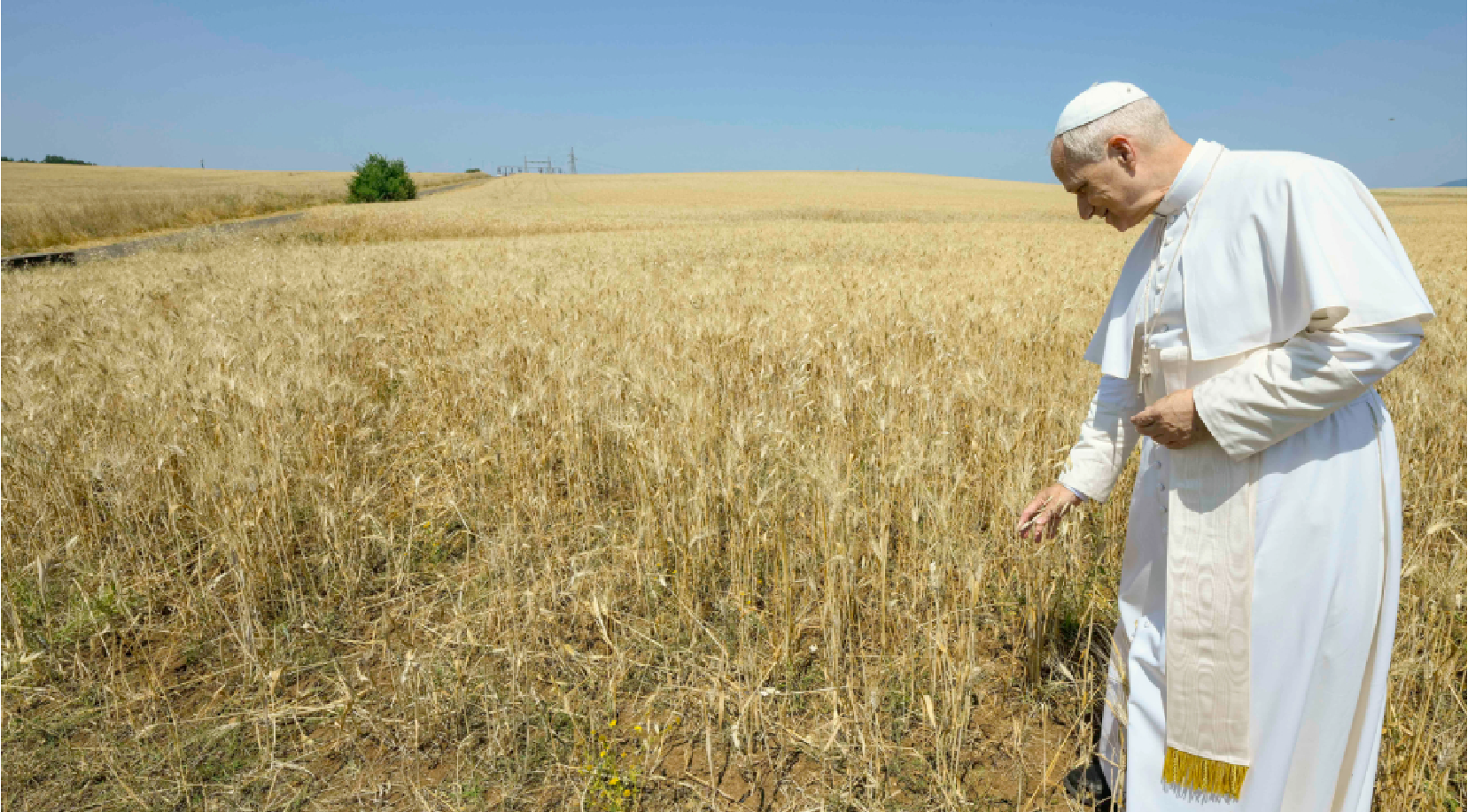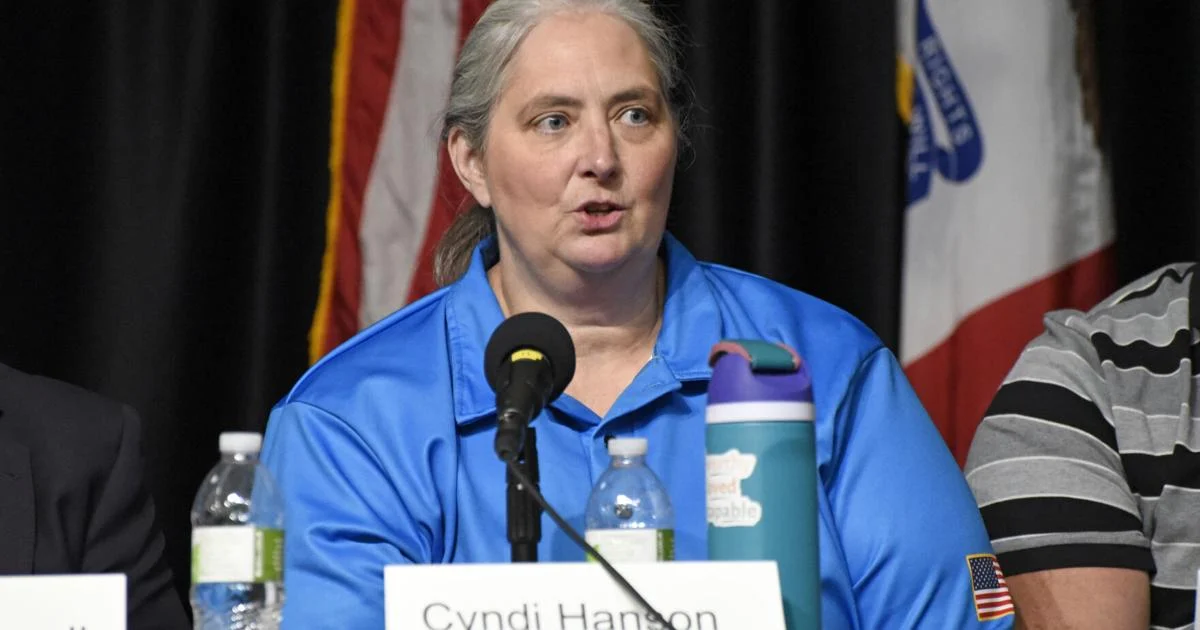Copyright modernghana

In a village in one of Ghana’s remote areas, school ends at noon, not because the lessons are over, but because there is no electricity to power fans, lights or the single donated computer in the classroom. For children with disabilities, the barriers are even higher: no accessible books, no screen readers, and teachers struggling to adapt lessons to their needs. Yet just a few kilometres away, in a community supported by a local NGO, pupils gather around a solar-powered hub connected to tablets with offline learning apps. A boy with hearing impairment is able to follow lessons with sign-language video content; a girl with visual impairment listens to an audiobook of a mathematics story problem. The difference is night and day — not because the children are any less bright, but because technology makes learning possible where traditional resources have failed. This contrast highlights a critical truth: in the 21st century, digital access is no longer a luxury, but a lifeline. If Ghana is to achieve its Inclusive Education Policy and the United Nations’ Sustainable Development Goal of “education for all,” then bridging the digital divide in rural areas must be a national priority. The Untapped Power of EdTech in Rural Ghana Ghana has one of West Africa’s fastest-growing telecom industries. According to DataReportal, a total of 38.3 million cellular mobile connections were active in Ghana in early 2025, with this figure equivalent to 110 percent of the total population. However, note that some of these connections may only include services such as voice and SMS, and some may not include access to the internet. Besides, internet use is expanding rapidly. But the rural–urban divide is stark. While children in Accra may learn coding or use Google Classroom, their peers in remote communities still rely on chalk and word-of-mouth. For learners with disabilities, technology can be the great equalizer: Screen readers and text-to-speech tools allow pupils with visual impairment to read. Video lessons with captions and sign language empower children with hearing impairments. Offline learning apps in local languages help bridge literacy gaps in rural households. Radio and community broadcasting reach children in areas with no internet at all. With these tools, the promise of “no child left behind” can become a reality. The Barriers We Must BreakBut ambition collides with reality. Four barriers persist: Infrastructure Deficit – Many rural schools lack electricity, internet or even reliable classrooms. Teacher Preparedness – Most teachers receive little to no training in inclusive pedagogy or digital literacy. Cultural Stigma – Disability is often misunderstood, leaving many families reluctant to send their children to school. Affordability – Assistive technology devices remain out of reach for rural families surviving on subsistence incomes. If left unaddressed, these barriers risk turning EdTech into yet another inequality amplifier, rather than a bridge. A Call for Partnerships: Government, Business and Civil Society The good news? Ghana does not need to start from scratch. Telecom companies such as MTN, Telecel and others can extend rural connectivity as part of their corporate social responsibility portfolios. Development partners such as UNICEF, UNESCO and the Global Partnership for Education can provide funding, research and technical support. Organisations including Africa Disability Institute and Inclusion Ghana already bring expertise in disability-inclusive programming. Local innovators can design low-cost, solar-powered, offline-friendly tools that are built for Ghana’s rural realities. What is needed is a national framework for EdTech inclusion, ensuring all efforts align with Ghana’s Inclusive Education Policy and reach the children who need it most. From Policy to TransformationTechnology cannot replace teachers, but it can empower them. Equipping teachers in rural areas with inclusive digital training and simple assistive tools can multiply their impact. Community sensitisation campaigns can help shift harmful attitudes about disability. Subsidising the local production of affordable assistive technologies — from Braille printers to talking calculators — can unlock access for thousands. Most importantly, every child must be connected. UNICEF’s Giga Project aims to connect every school in the world to the internet. Ghana can be a leader in West Africa by championing this vision, ensuring rural children with disabilities are not just included in schools but fully empowered to learn. The Human Case for InclusionEducation is not just about grades; it is about dignity, opportunity and hope. Imagine a future where a child with cerebral palsy in rural Ghana can participate in an online science fair, or a girl with visual impairment in another village can pursue mathematics using audio learning tools. That future is within reach, but only if we act now. Leaving children offline is leaving them behind. Ghana’s rural classrooms cannot remain stuck in the 20th century while the rest of the world races ahead. If we invest in digital inclusion today, we will unleash a generation of innovators, leaders and problem-solvers tomorrow. No child should be left offline. By James Attah AnsahWebsite: https://jaansahpublications.com By James Attah Ansah



